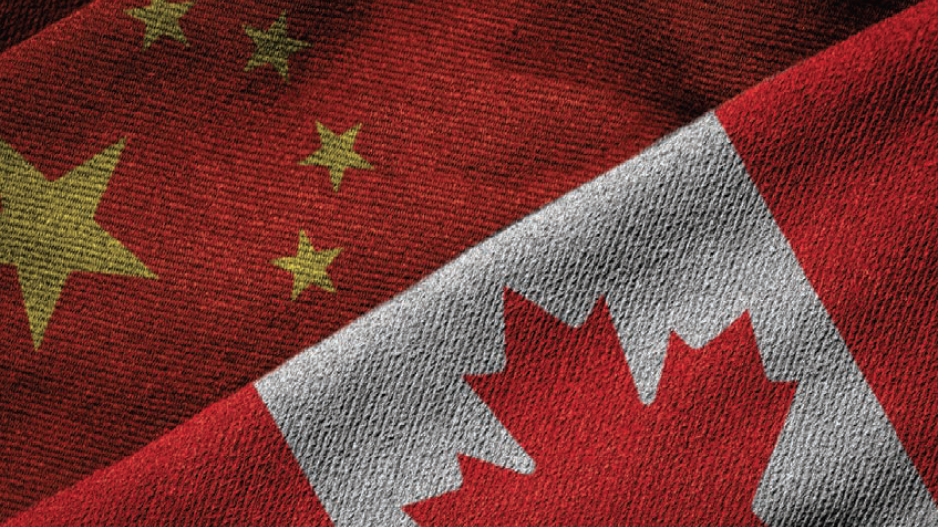B.C.’s association of municipal governments will continue to take Chinese government money but says it’s going to review how its annual convention is financed.
The Consulate-General of the People's Republic of China in Vancouver has been a major reception sponsor for the annual Union of BC Municipalities’ annual convention for some years. It’s at the convention that local government delegates from throughout B.C. debate municipal issue. Resolutions from those debates go toward lobbying Victoria on provincial issues.
With China holding two Canadians and two others facing death penalties in the wake the arrest of the chief financial officer of China-based telecom giant Huawei , Port Coquitlam Mayor Brad West has asked the UBCM to stop taking the reception funding.
West has argued some of China’s actions are hostile to Canada and that taking the consular money reflects poorly on the organization.
He called the decision to continue the reception while doing a review “an embarrassment and patent cop out and an attempt to make the issue go away and kick it down the road.”
Moreover, West said, municipal politicians should realize China is not sponsoring events “out of the kindness of their hearts.” Rather, he said, it’s a slow and methodical form of gaining influence.
It’s not an unheard refrain, either. In 2010, the former head of the Canadian Security Intelligence Service said some B.C. politicians were under the influence of the Chinese government.
“The individual becomes in a position to make decisions that affect the country or the province or a municipality,” Richard Fadden told the CBC in 2010 “All of a sudden, decisions aren’t taken on the basis of the public good, but on the basis of another country’s preoccupations.”
However, the UBCM executive has decided to proceed with the reception but also to review its revenue sources – including sponsorships.
“Over the past few weeks there have been a number of comments from local elected officials with regard to the Chinese consular reception,” UBCM president Arjun Singh said. “There’s a range of opinion about the event – some support it, and others would like to see it cancelled.
“The consensus of our executive is that the event should be retained this year,” he said.
But, Singh added, the debate serves as an opportunity to review financing practices.
“We want to hear input from our full membership on the convention funding model,” he said.
A review panel has been struck to examine the financing.
Its members are:
• Former Saanich and past UBCM president Frank Leonard;
• Past Regional District of East Kootenay director and former UBCM president Wendy Booth;
• Metro Vancouver Regional District chair and past UBCM president Sav Dhaliwal;
• Columbia Shuswap Regional District chair and past UBCM president Rhona Martin, and;
• Former Port Coquitlam mayor, past Metro Vancouver Regional District chair and former Metro Vancouver UBCM representative Greg Moore.
The review panel will guide that process and make recommendations to the executive in time to implement changes for the 2020 UBCM convention, Singh said.
The UBCM said it has long used sponsorship to defray costs of its annual convention which attracts about 2,000 people.
A UBCM news release said the review “will make recommendations on finance policies and practices that uphold sound governance, transparency, affordability and accountability for the annual convention.”
But, said West, putting together past UBCM presidents who were part of the event doesn’t deal with the issue appropriately.
“It is patently obvious that this is wrong,” he said.




